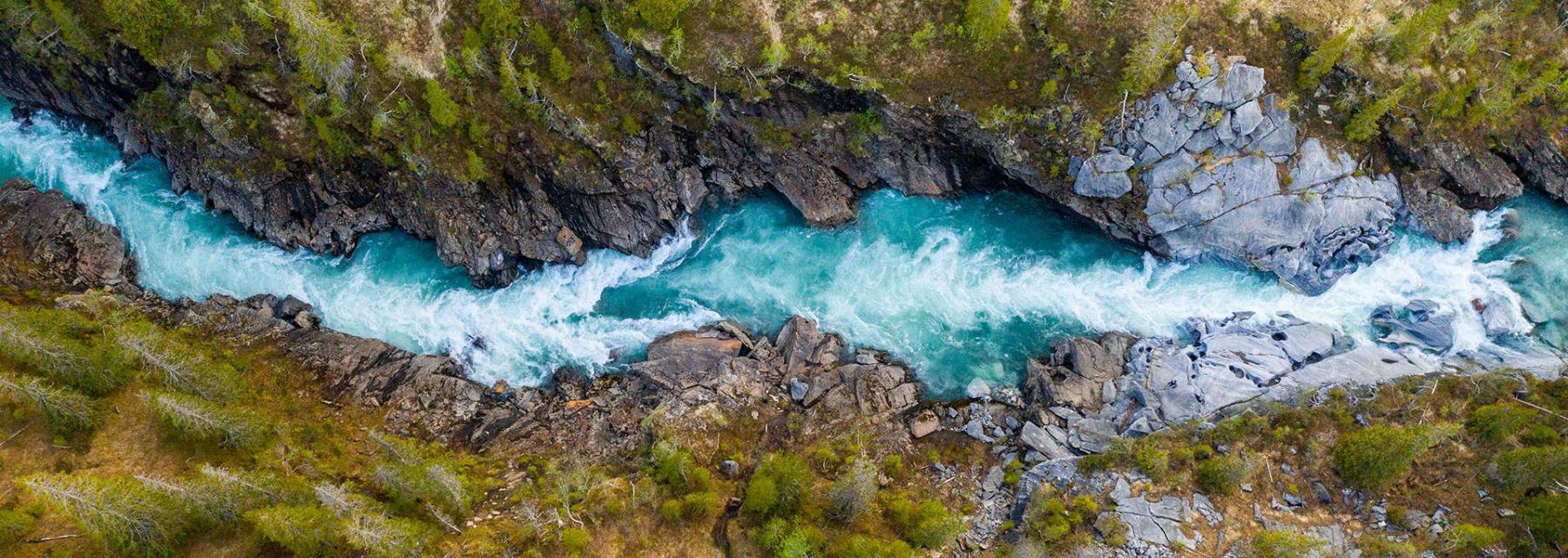
Oil and Water Don’t Mix: Engineering a Solution to Clean Up an Oil Spill
by Jaime Camero
Students will construct a model of an ocean habitat to simulate an oil spill. They will then make observations about the behavior of the oil in the water and on the various items in the habitat model. They will use their observations to test out different materials to clean up the oil and put multiple materials together to clean up the oil in the habitat model. This unit includes four lessons with an accommodation for two lessons of time does not permit.
Lesson Grade Level
6th GradeLesson Plan Link/URL
https://docs.google.com/presentation/d/1eSPA_doXq6yeOd_nZlE2zZPhm4Y0Imnv/edit?u…Subject Area
Science Life Science L2: Organisms & Energy Technology 3. Knowledge Constructor 5. Computational Thinker 6. Creative Communicator Engineering S2: Apply the Engineering Design Process S3: Apply Mathematics to Engineering S4: Apply Science to Engineering S5: Apply Technology to Engineering S6: Apply Communications to Engineering S7: Apply Project Management to Engineering English Language Arts (ELA) Reading (Informational Text) Writing Speaking & Listening
Featured
Off
Related Content

Grades:
6th Grade, 7th Grade, 8th Grade
This lesson helps engage student voice in developing stronger research questions and projects on topics about which they are interested, curious, and passionate. The Question Formulation Technique

Grades:
4th Grade, 6th Grade
This project consists of the final part of a four-part unit for 4th and 6th-grade students exploring Arizona's science standards. Students will study how living things compete for energy and resources

Grades:
Kindergarten
This lesson provides the opportunity for kindergarten students to develop a mock oil spill and develop methods to help ocean life after an oil spill. Student will hypothesize methods that can